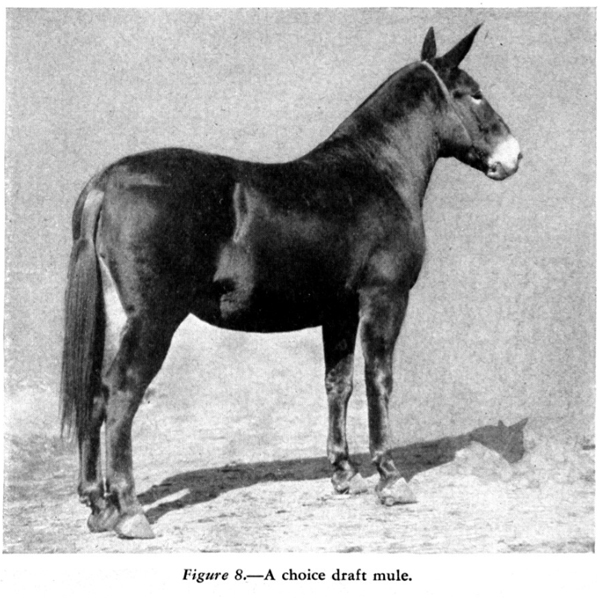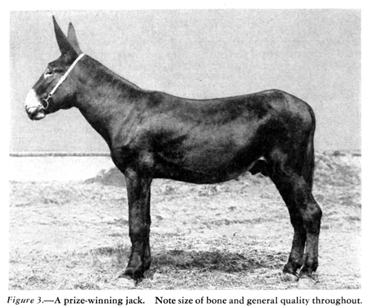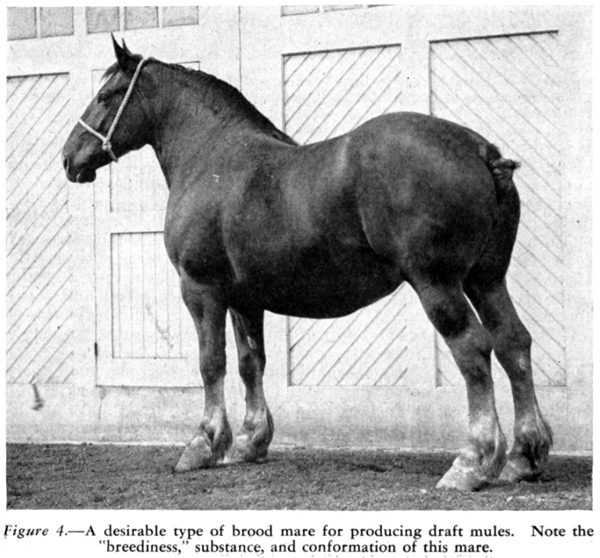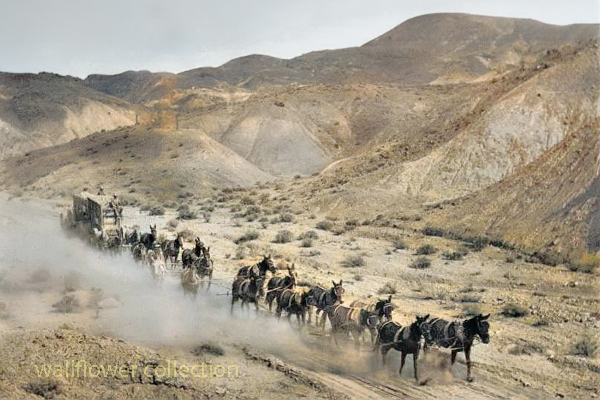
Draft mules are hybrid animals created by mating a male donkey (jack) with a female horse (mare). The resulting offspring is known as a mule, and when specifically bred for heavy work, it is referred to as a draft mule. Draft mules are known for their strength, endurance, and intelligence, making them valuable partners in agricultural and heavy-duty tasks.



Here are some key characteristics and advantages of draft mules:
- Strength: Draft mules are robust, inheriting the strength of their horse and donkey parents. They are capable of pulling heavy loads and performing strenuous tasks.
- Endurance: Mules, in general, are known for their endurance. They can work long hours without tiring quickly, making them well-suited for demanding tasks in agriculture and transportation.
- Intelligence: Mules are considered intelligent animals, often possessing a combination of the best traits from both donkeys and horses. They are known for their problem-solving abilities and adaptability.
- Sure-footedness: Mules tend to be sure-footed, making them well-suited for navigating challenging terrains. This quality is particularly advantageous in agricultural settings or uneven landscapes.
- Economical: Draft mules are often considered more economical than some other draft animals. They typically have lower maintenance costs than some purebred draft horses and are known for being hardy and requiring less veterinary care.
- Longevity: Mules are known for their longevity. They often live longer than horses and can remain active and productive for many years.
- Versatility: Draft mules can be used for various tasks, including plowing fields, pulling wagons, logging, and other heavy agricultural work. Their adaptability makes them valuable in a range of settings.
Despite their many advantages, it’s essential to note that mules, like all animals, require proper care and training. Additionally, because mules are hybrids, they are usually sterile and cannot reproduce, unlike their horse and donkey parents.
